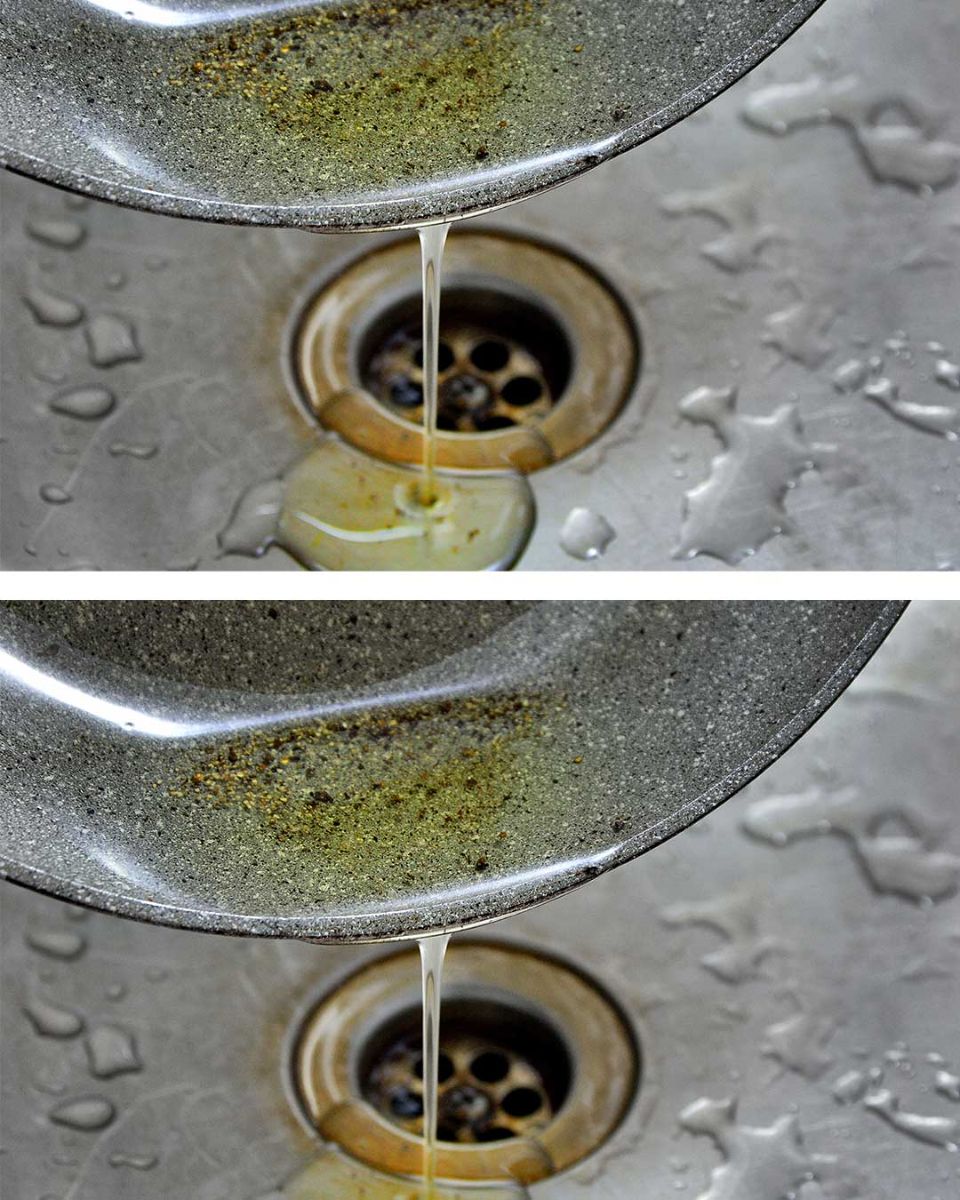The labor and expense associated with unclogging pipes and repairing damaged sewer systems can be significant. Preventative measures, like proper oil disposal, can save homeowners and municipalities a lot of money in the long run.
Proper Methods for Disposing of Cooking Oil
1. Reusing Oil
If the oil is still relatively clean after use, it can be strained and stored for future cooking. This method reduces waste and gets more use out of your cooking oil.
2. Sealed Containers
Pour used oil into a sealable container, such as an old jar or bottle, and dispose of it in the trash. This keeps it out of the plumbing system and landfill.
3. Recycling Programs
Many communities have recycling programs that accept used cooking oil. Check local resources to see if there are recycling centers or collection events specifically for oil disposal.
4. Commercial Disposal
Some businesses specialize in collecting and disposing of used commercial cooking oil. They often convert it into biodiesel, a cleaner alternative to fossil fuels.
Cooking oil disposal is more than just a household management task – it’s an environmental responsibility. Make sure you handle used cooking oil thoughtfully to prevent plumbing issues and contribute to a healthier ecosystem. Taking the right steps can protect your home and the world we live in.

